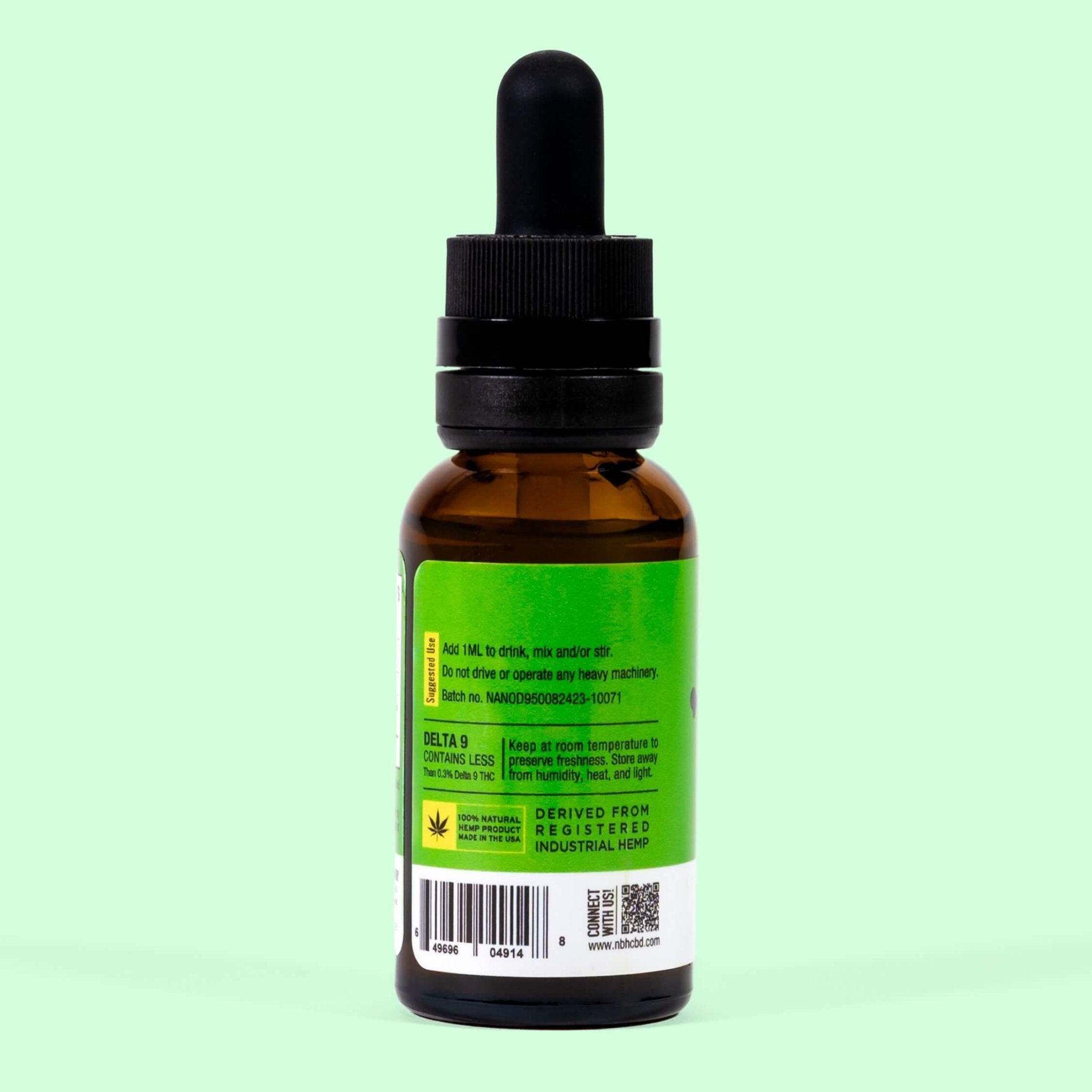With more states aiming to take control of the spread of the controversial intoxicating hemp derivative, Oklahoma officials are now considering giving authority over the cannabinoid to the state’s top cannabis cop.

Power and control are two of the most elusive and sought-after abilities in the human experience. Wars have been waged, and empires have been made and destroyed all over the insatiable desire to wield power and control over populations, processes, and movements. In more modern times, human beings have, for the most part, shed the behavior of their more violent ancestors and adopted the use of political and economic systems to satisfy the drive to achieve dominance.
One of those economic systems currently embroiled in a mighty battle over who will control its future and ultimate success is the relatively recently legalized hemp industry. With the passage of the 2018 Farm Bill, hemp and its downstream derivatives and uses were legalized at the federal level.
That pivotal legislative change led to an explosion in the production, distribution, and sale of hemp and a myriad of hemp-derived products. One of the more notorious Intoxicating Hemp Derivatives (IHDs) to emerge from that seminal spending measure is delta-8 THC. The hemp and cannabis plants (both part of the cannabis sativa plant) produce over 100 known cannabinoids, including the most well-known derivative, delta-9 THC.
Delta-9 THC is the cannabinoid most closely associated with the “high” cannabis users experience when ingesting the flower or consuming THC edible products. Delta-8 THC produces similar intoxicating effects. However, the effects are much milder than with delta-9, prompting many users and members of the media to dub items containing delta-8 THC as “diet weed.”
One of the unexpected results of hemp legalization was the massive proliferation of items containing a wide array of IHDs, including delta-9, delta-8, and delta-10 THC. This explosion of predominantly unregulated IHD product offerings has also led to some unfortunate and tragic consequences.
At least one of those products has been linked to the death of a toddler in Virginia last year. In addition, there have been multiple cases of individuals, including teenagers, falling ill after ingesting items containing delta-8.
In response to the increase in synthetically manufactured THC products, several states began to pass legislation severely restricting and, in many cases, banning the politically toxic THC variant.
Now, according to multiple media outlets, Oklahoma officials are seeking to join the growing list of states cracking down on the manufacture and sale of delta-8 THC products. In an interview with Tulsa TV station KOKI, Oklahoma Medical Marijuana Authority (OMMA) Executive Director Adria Berry expressed her and the agency’s desire to expand its jurisdiction to include the regulation of IHDs, most notably delta-8 THC.
“There really is a gray area in the law right now in Oklahoma and even in the U.S. since the 2018 Farm Bill was signed,” Berry said.
"There really is a gray area in the law right now in Oklahoma and even in the U.S. since the 2018 Farm Bill was signed.”
- Adria Berry, Executive Director of the Oklahoma Medical Marijuana Authority
Singing a familiar refrain echoed by her counterparts in other states, Berry’s justification for seeking jurisdiction over IHDs concerns the end user's safety. According to Berry, outside of the state’s Department of Agriculture regulation over hemp cultivation, there is little to no accountability over how the items are processed and made into offerings for consumers to smoke, eat, and use as topical lotions.
That process can sometimes involve using solvents and other heavy chemicals that are unsafe for human consumption, which demands regulatory oversight, according to Berry and other Oklahoma health officials.
"These chemicals that are used to make some of these products are really hazardous to the body and should never be consumed," Berry said.
"These chemicals that are used to make some of these products are really hazardous to the body and should never be consumed."
- Adria Berry, Executive Director of the Oklahoma Medical Marijuana Authority
Despite OMMA’s call for control over delta-8 THC and other IHDs, Berry is quick to point out that the agency is not seeking to criminalize or outlaw IHDs. Instead, the regulatory body wants to install basic regulations to ensure its safety for human consumption. OMMA wants authority over IHDs so that they can be held to the same standards currently used in Oklahoma’s medicinal cannabis program for testing, packaging, labeling, and age restrictions.
"The reason testing is so important is because this is a product people are inhaling into their lungs, or are eating, or rubbing onto their skin. If there is no testing done, there could be residual solvents, heavy metals, (or) pesticides that the person is then inhaling into their lungs or eating. So just be really cautious and know what you are putting into your body," Berry said.
"The reason testing is so important is because this is a product people are inhaling into their lungs, or are eating, or rubbing onto their skin. If there is no testing done, there could be residual solvents, heavy metals, (or) pesticides that the person is then inhaling into their lungs or eating. So just be really cautious and know what you are putting into your body."
- Adria Berry, Executive Director of the Oklahoma Medical Marijuana Authority
This movie has played out several times before in states like Texas, Â Maryland, Arkansas, Georgia, Alaska, and Virginia. In each instance, the issue eventually led to legislation severely restricting or banning delta-8 and other IHDs altogether. Ultimately, the courts had to get involved, leaving the respective state hemp industries either gutted or in a precarious limbo state.
Hopefully, Berry remains true to her word. Unfortunately, history and the corporate cannabis industry’s reputation do not provide much comfort for hemp advocates and stakeholders in the Sooner state. Thankfully, a judicial system is in place to look out for the interests of the hemp sector. It better prepare to take on the inevitable challenges ahead if OMMA and Berry get their way.








































